Join Cultural Samvaad’s WhatsApp Community
Bathukamma – Colourful Navratri Celebrations of the Telugu Folk
Come September-October, the land of Bharata Varsha that had been drenched in the monsoon rains for months, starts preparing to drench in festive moods now. The duration and grandeur of our festivals vary across regions and communities, but the festive vibes uplift one and all.
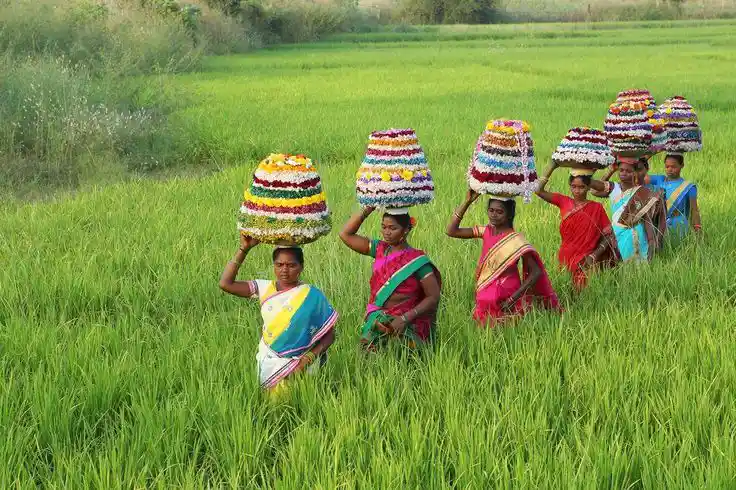
One of the longest and brightest festivals – Sharadiya Navratri, which is celebrated across the length and breadth of the sacred Indian geography, falls during this time. This celebration is dedicated to the divine feminine and India unites in reverence while honouring the Goddess through innumerable rituals and traditions.
The Telugu regions of Telangana and parts of Andhra Pradesh witness a splendid and colourful celebration called “Bathukamma” in honour of the Mother Goddess. Bathukamma is also the state festival of Telangana called Bathukamma panduga (బతుకమ్మ పండుగ).
Durga Saptashati or Devi Mahatmya – Text in Praise of the Devi
What does Bathukamma mean?
In Telugu, Bathuku (బతుకు/బ్రతుకు) is both a noun and a verb. As a noun, it means ‘life’ and as a verb, it means ‘to live’. Therefore, Bathukamma (బతుకమ్మ) implies both ‘Mother of life’ as well as ‘Live long mother’.
In Indian tradition, the goddess is seen as both a giver of life (Praanadaa) and life itself (Praanaroopini). Her physical manifestation is seen as Mother Nature who nurtures and nourishes us. By inference, Bathukamma panduga (festival of Bathukamma) represents the spirit of celebrating life in its infinite bounty.
The Traditions of Bathukamma
Numerous stories and legends associated with the celebrations have been passed down generations largely as oral folklore.
The festival is characterised by local flowers and foods available in abundance. Women are at the forefront of this vibrant celebration which begins on mahalaya amavasya (new moon day).
Every household participates in simple celebrations which have no prescribed rituals but centre around floral arrangements and singing and dancing. Families gather flowers from nearby fields and arrange them on plates made of brass called PaLLem (పళ్ళెం) or TaambaLam (తాంబళం) or clay, or bamboo.
These beautifully adorned plates are placed in open field, where women sing and dance around them from dusk to night, honouring the Mother Goddess who is embodied in all of nature. The colourful flower arrangements serve as symbolic representations of the goddess who gives and sustains life, collectively referred to as “Bathukamma” (బతుకమ్మ). Some families also include a turmeric or clay cone, known as “Boddemma” (బొడ్డెమ్మ). Both Bathukamma and Boddemma are considered as forms of Maa Gowri and hence, also called “Gowramma” (గౌరమ్మ/గౌరెమ్మ).
On the ninth day of the festival, which is referred to as Saddula Bathukamma and coincides with Durga Ashtami, families prepare bigger flower arrangements (poola perpu). These mesmerising poola perpu (పూల పేర్పు) arrangements are then taken out in processions on the heads of singing devotees who walk to nearby lakes and ponds. The flower pyramids are released into these sacred bodies of water after bidding a final farewell to the beloved goddess. Devotees seek her blessings for her return the following year and often go back home with empty plates.
The Colours of Bathukamma – Flowers and Foods
As a festival rooted in the agricultural traditions of the Telugu-speaking lands, Bathukamma serves as a heartfelt thanksgiving to the feminine power that blesses devotees with bountiful harvests and rains. The freshness of folk music and the richness of rural household rituals burst forth in this colourful celebration.
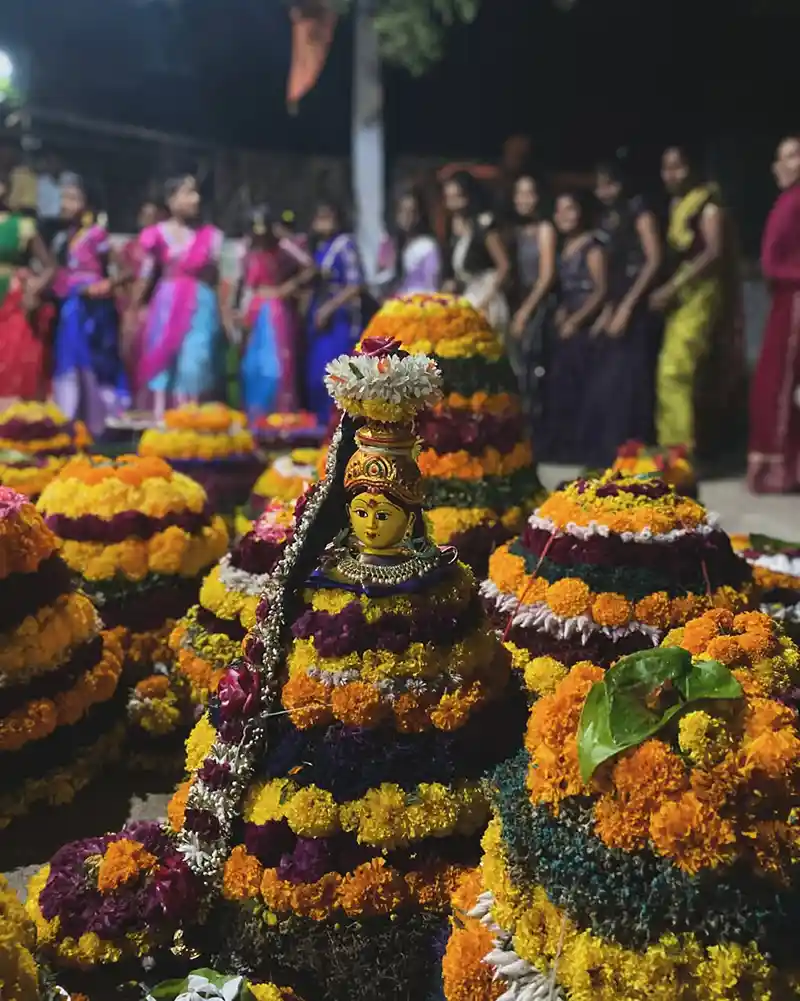
Flowers used in making Bathukamma include tangedu (senna- the state flower of Telangana), gunugu (celosia), mandaram (hibiscus), banthi chaamanthi (chrysanthemum), gummadi poolu (pumpkin flowers), malle (jasmine), nandi vardhanam (crape jasmine) and taamara (lotus) among others. These flowers are carefully arranged on plates to form colourful pyramids of various sizes and shapes that fill the air with joy. Women set aside their mundane concerns and begin to sing songs in praise of Bathukamma, weaving together stories, legends, and puranic tales which bring to life the very air of villages and towns. A common refrain is “uyyalo,” meaning ‘swinging,’ often sung as a lullaby. In this unique role reversal, Bathukamma transforms from a revered mother to a beloved daughter, while her devotees embrace the role of nurturing mothers.
Every part of Telangana resonates in the rhythmic beats of clapping of hands and stamping of feet that go around Bathukamma in circles immersing everyone in the melodious folk songs of Bathukamma, “Bathukamma uyyalo bangaaru, Bathukamma uyyalo” and bring forth joy, love and strength of sisterhood.
An interesting aspect of Bathukamma is that on each day of the festival (except the sixth day), special food items are prepared as offerings to the beloved Goddess. These everyday foods highlight simple yet delicious local cuisines, reinforcing the connection between the common man and the great Mother Goddess.
- The first day of the celebration is called Engili poola Bathukamma (ఎంగిలి పూల బతుకమ్మ). Even though it means spittle flowers, rice and sesame are offered to the goddess.
- The second day is called Atukula Bathukamma (అటుకుల బతుకమ్మ) and it means Bathukamma of flattened rice.
- The third day is called Muddapappu Bathukamma (ముద్దపప్పు బతుకమ్మ), meaning boiled lentils.
- The fourth day is celebrated as Naanabiyyam Bathukamma (నానబియ్యం బతుకమ్మ) which means wet rice.
- The fifth day is called Atla Bathukamma (అట్ల బతుకమ్మ) and it translates to pancakes.
- The sixth day is called Aligina Bathukamma (అలిగిన బతుకమ్మ) where Aligina means annoyed or hurt, so no offering is offered to the goddess considering she is annoyed.
- The seventh day is referred to as Vepakayala Bathukamma (వేపకాయల బతుకమ్మ) meaning neem fruits where deep-fried rice flour balls in shape of neem fruits are offered.
- The eighth day is called Vennemuddala Bathukamma (వెన్నెముద్దల బతుకమ్మ) which means butter balls.
- The final day is called Saddula Bathukamma (సద్దుల బతుకమ్మ) and it means cooked rice since dishes of cooked rice are offered.
Bathukamma is a time for bonding, sharing, and connecting with the divine feminine energy embodied by Mother Nature. It serves as a harbinger of love and warmth among the agrarian community, inviting everyone to partake in the joyous festivities of Navratri. The spirit of Bathukamma offers invaluable lessons in environmental consciousness with its eco-friendly rituals and traditions and speaks volumes of our rich heritage of conserving and honouring nature.
Story of Ambika Devi’s Incarnation from Gauri Amma
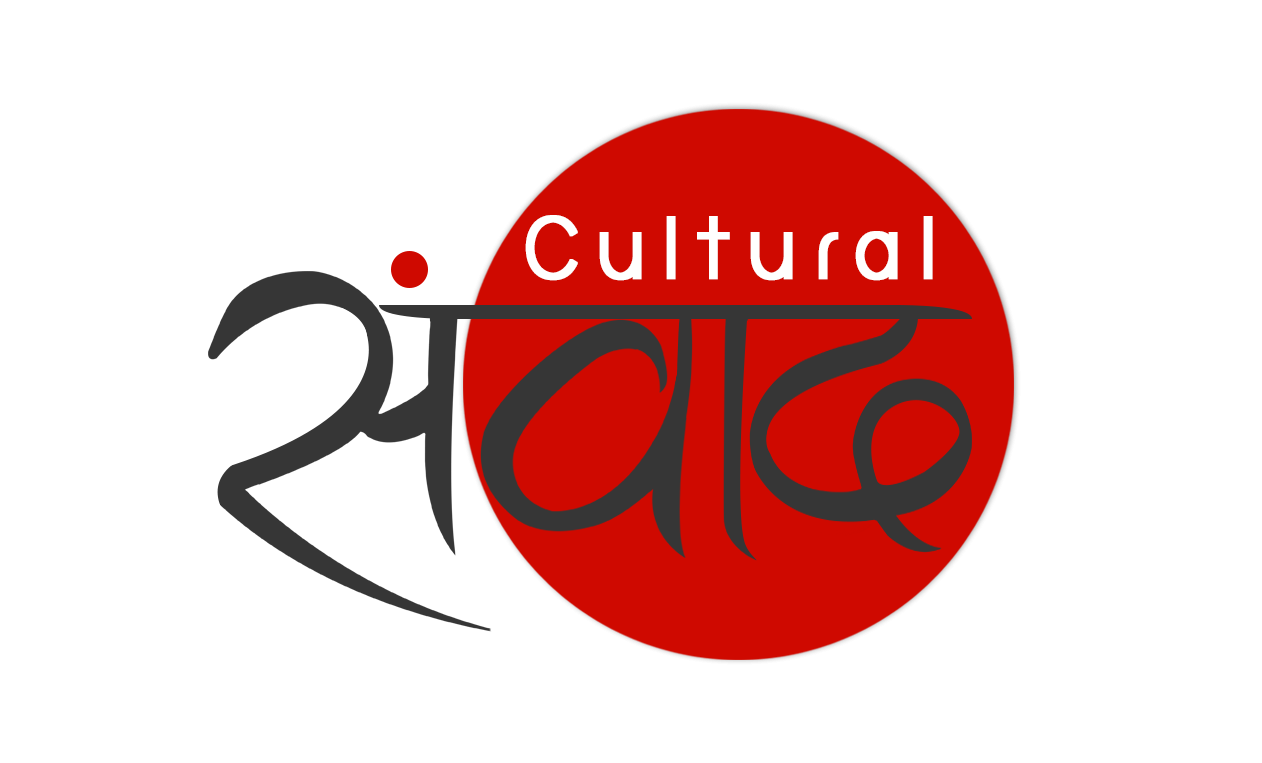

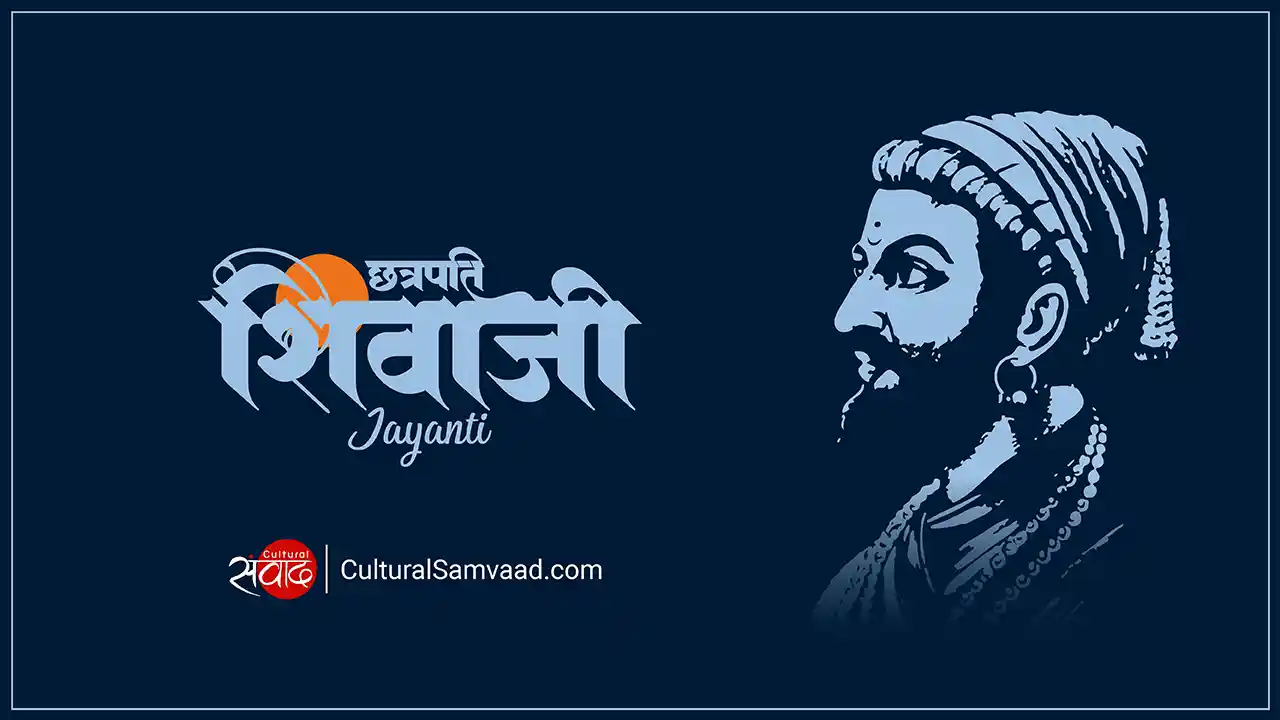
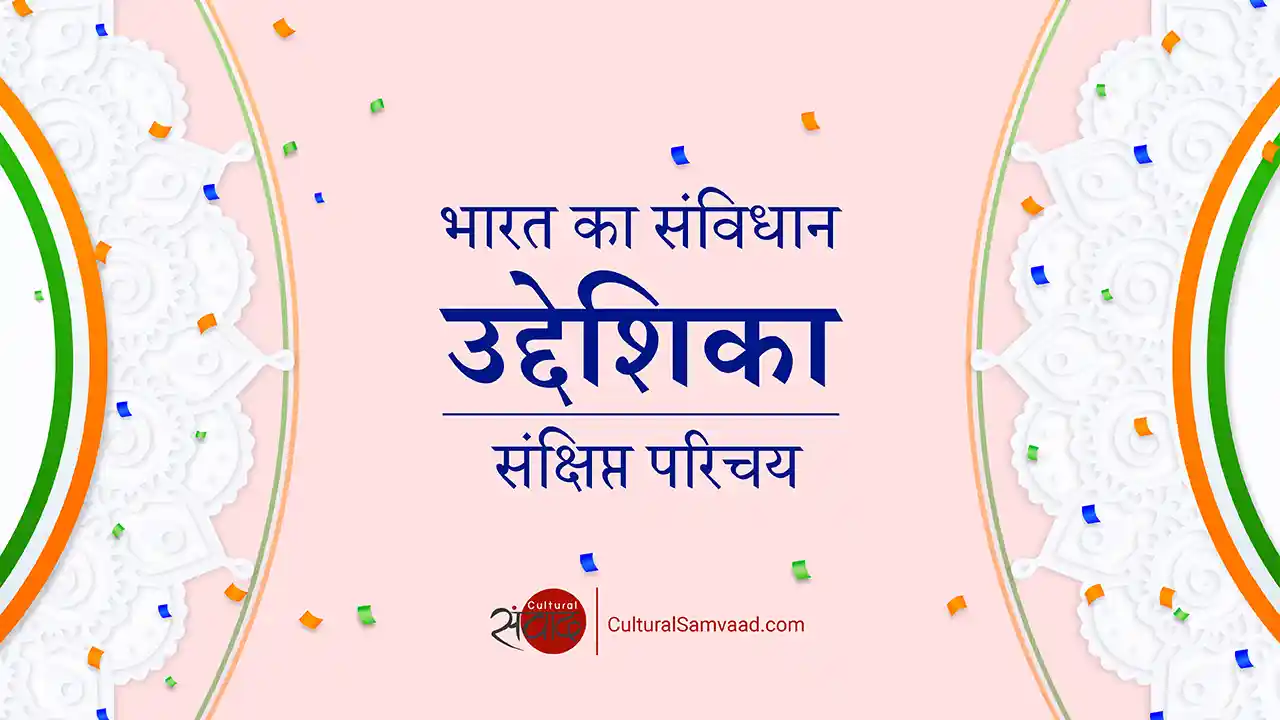
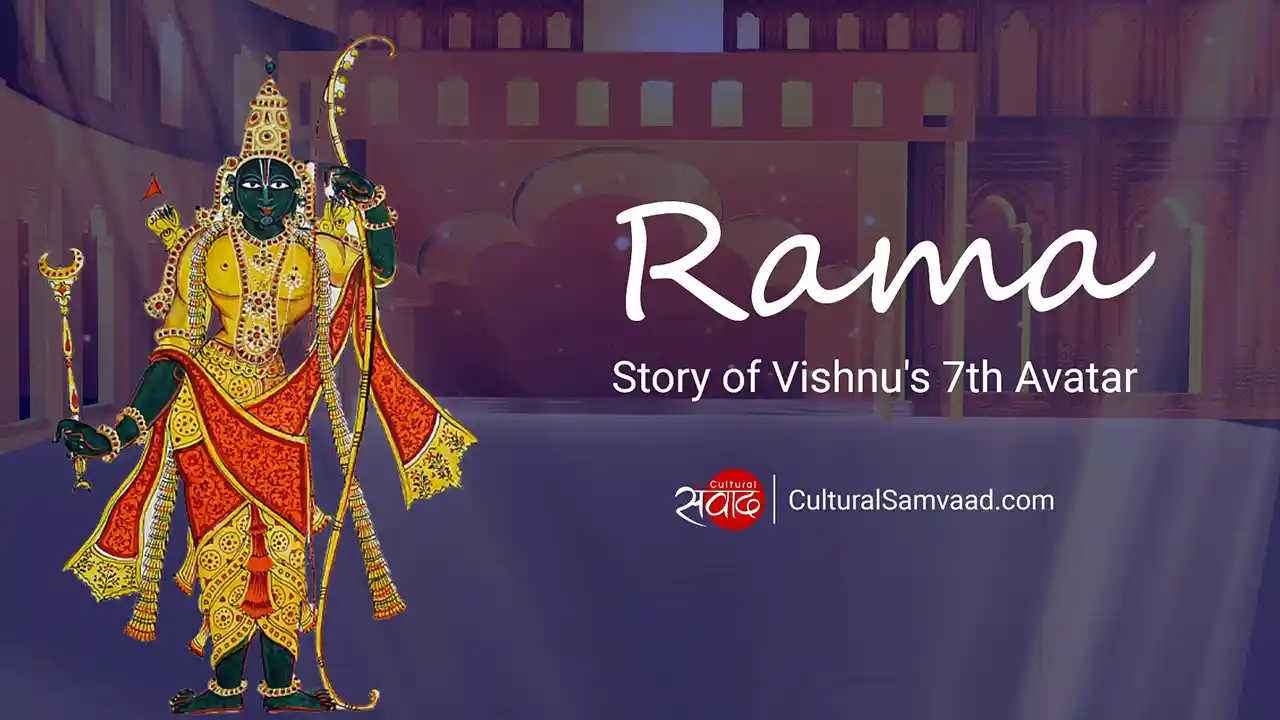
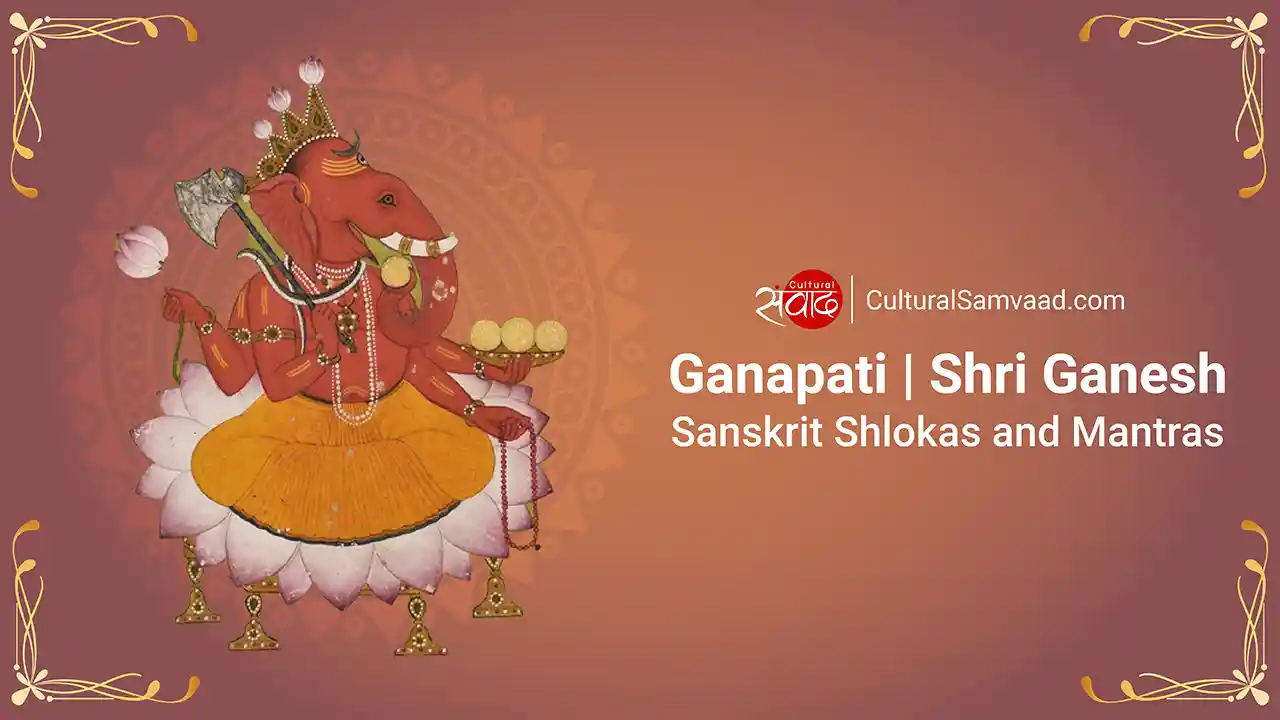
Wow .. Rajeshji.. amazing.. looking forward to ur next piece of work.. congratulations 👏🏻👏🏻👏🏻👏🏻